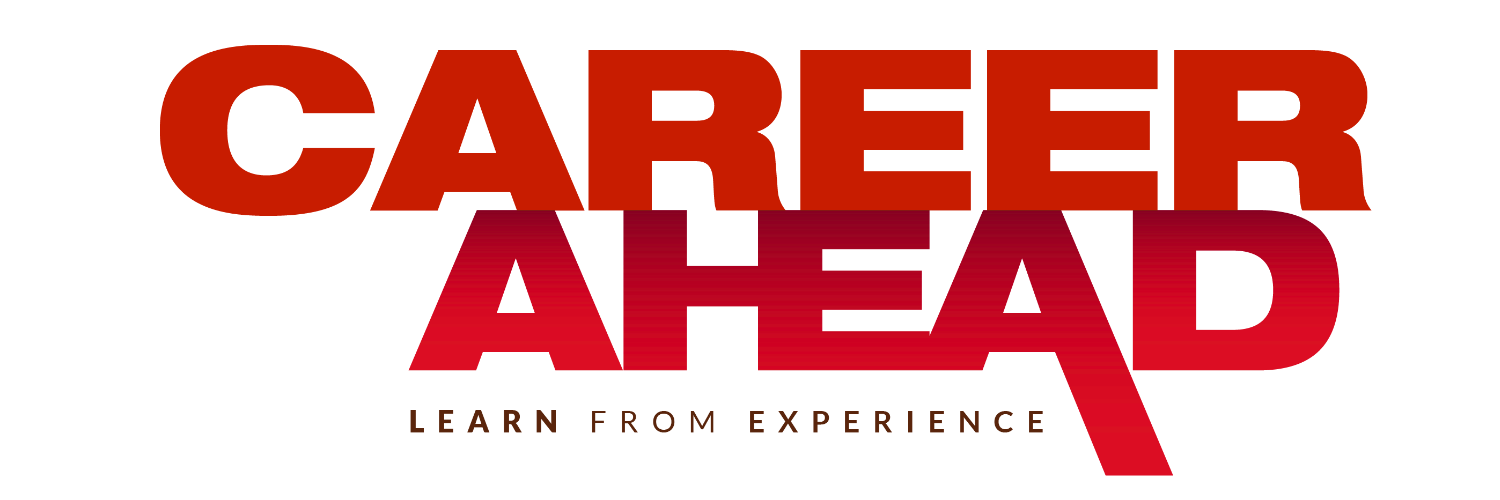No products in the cart.
6 Tips to Improve Your Time Management Skills
In this season of personal introspection, why does improving time management remain such a persistent, perennial goal for so many of us? The irony is that we need to become better managers of our own efforts to improve time management. We need to prioritize our developmental efforts. This path begins with turning away from alluring quick fixes and instead toward assessing and building our underlyi











